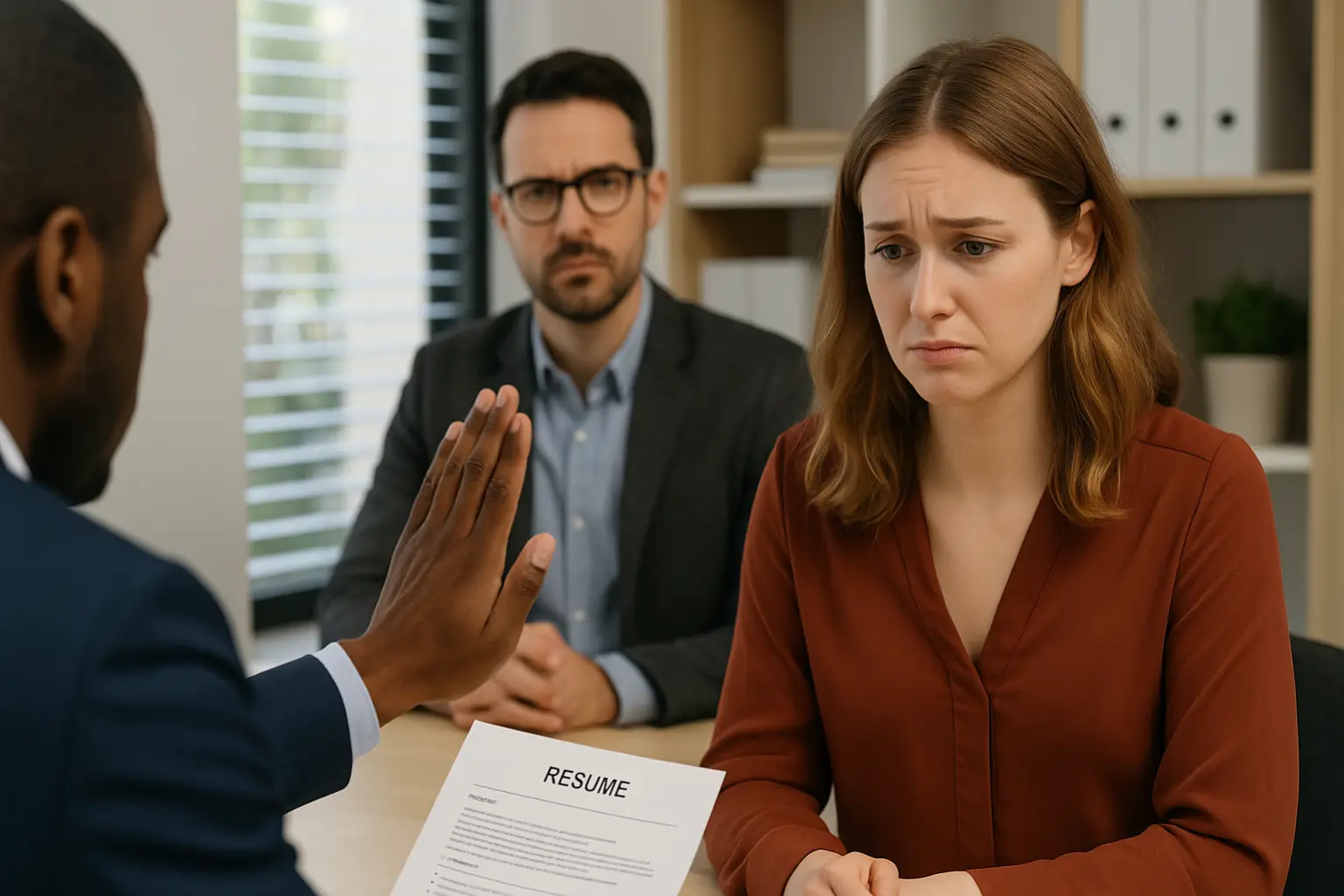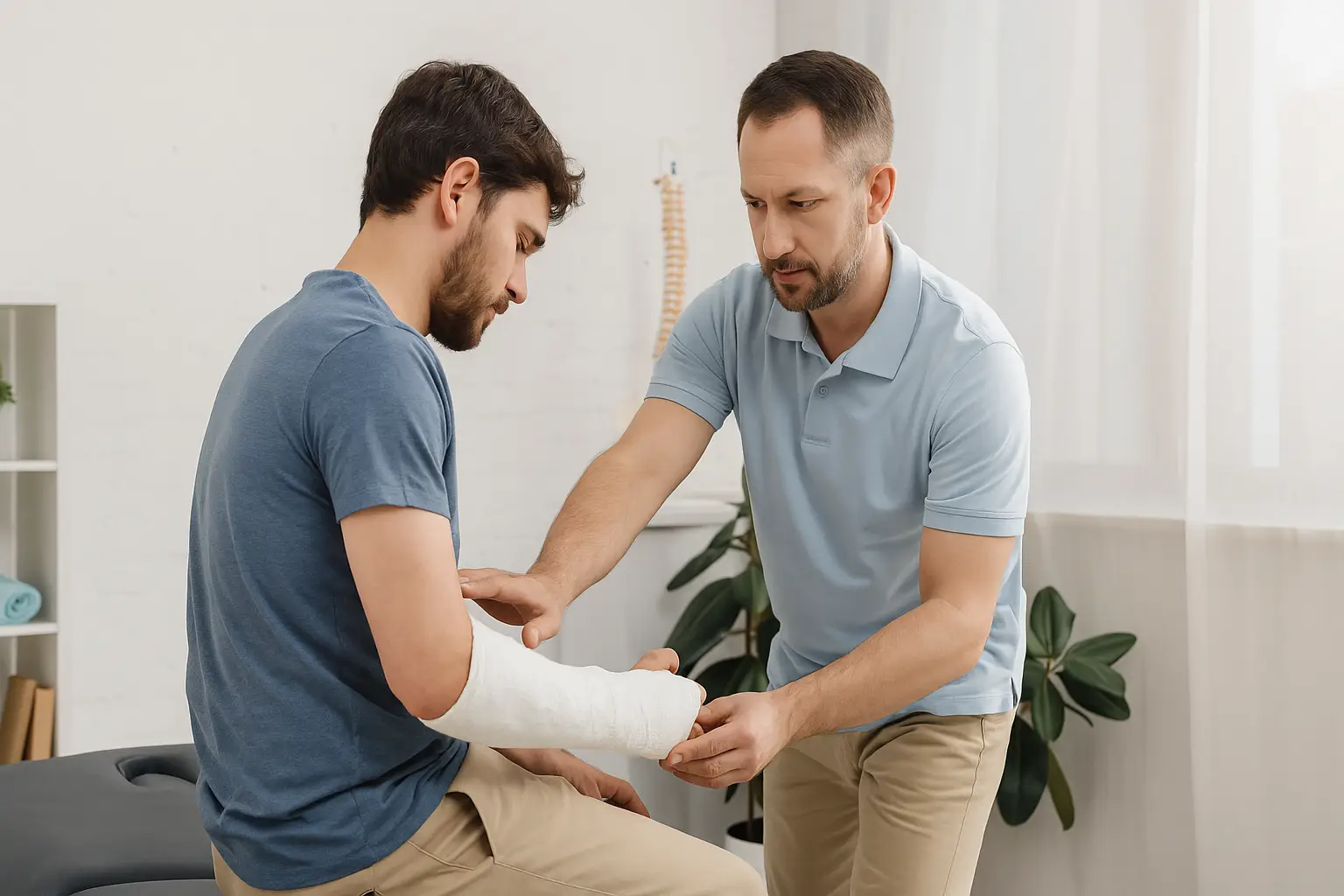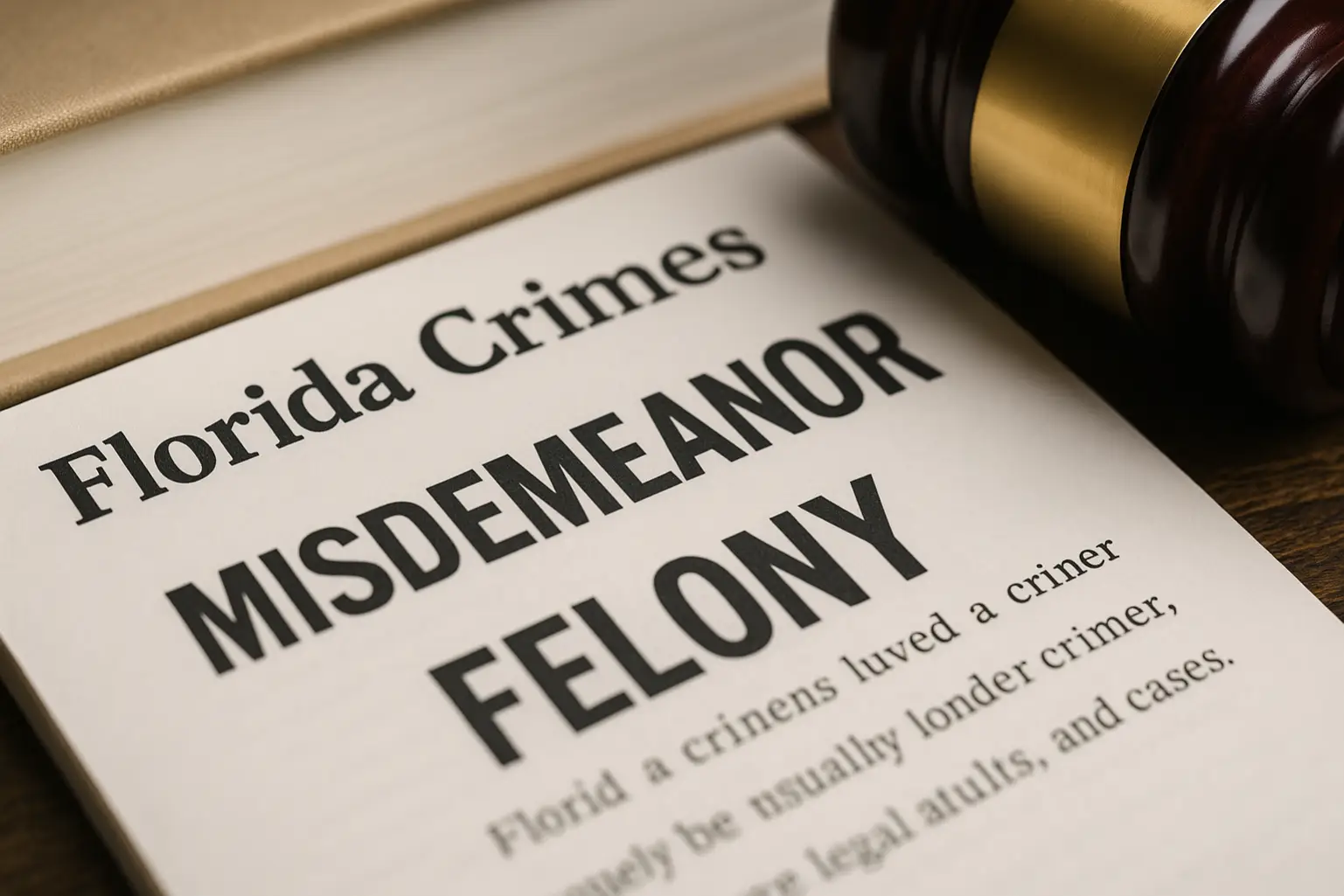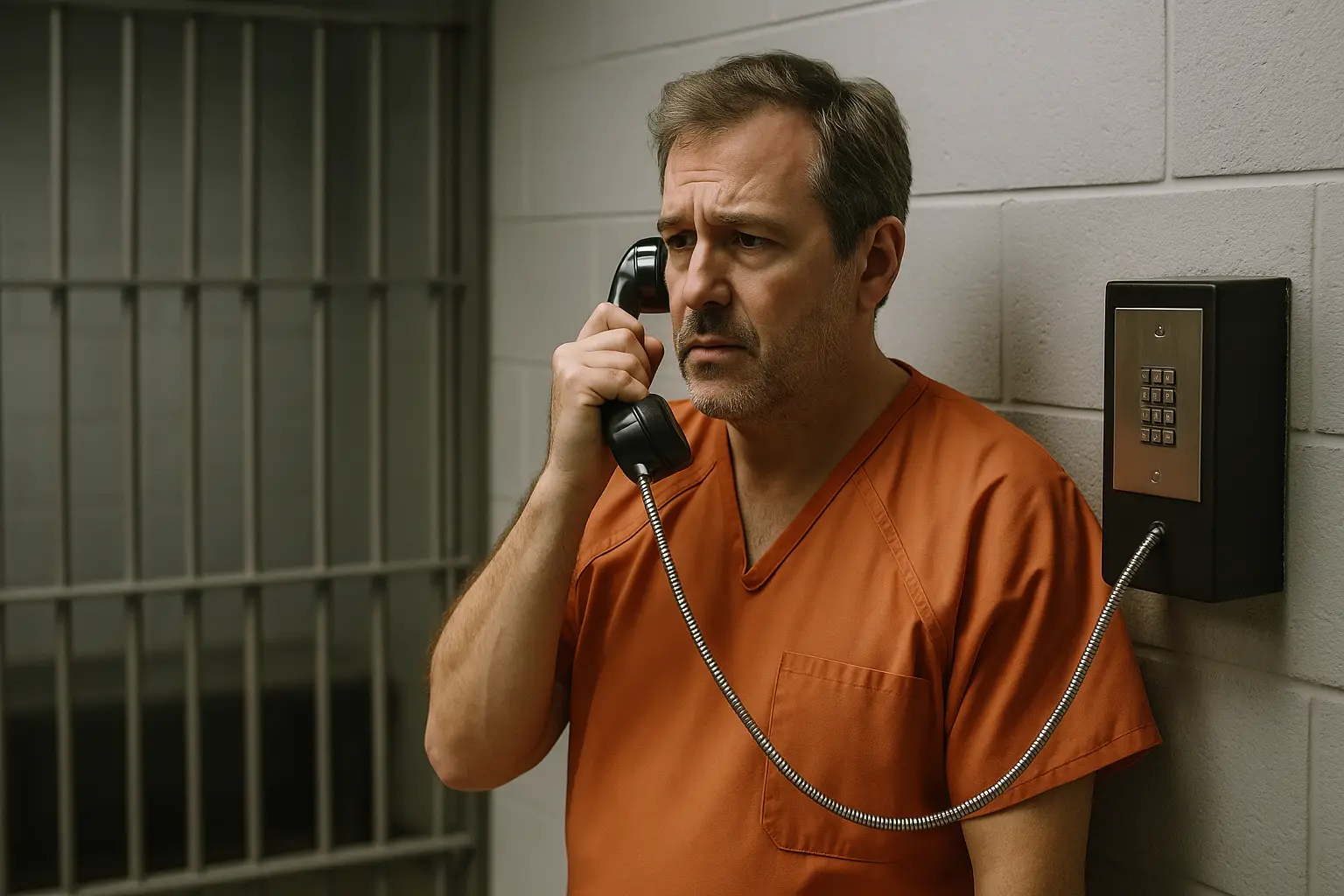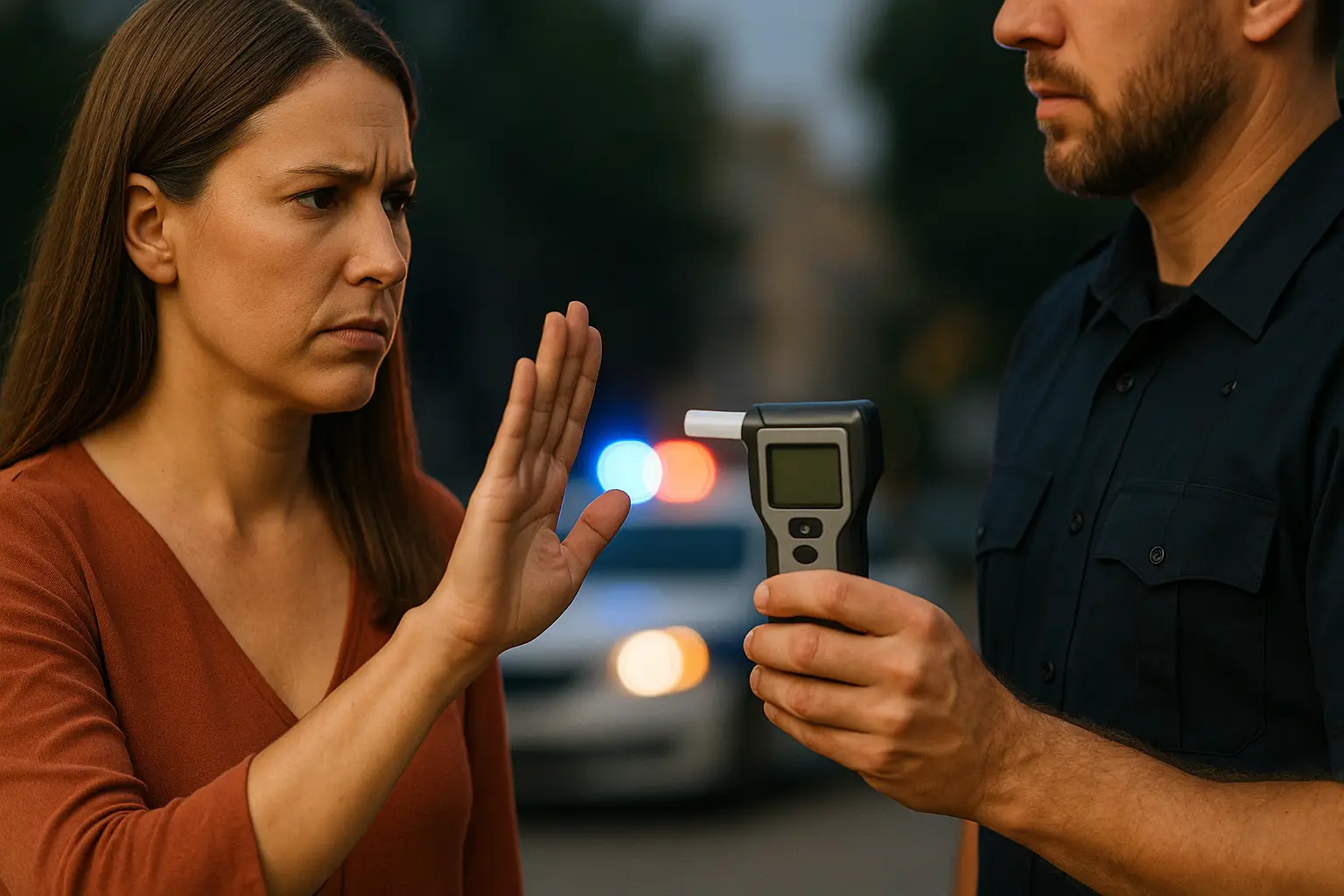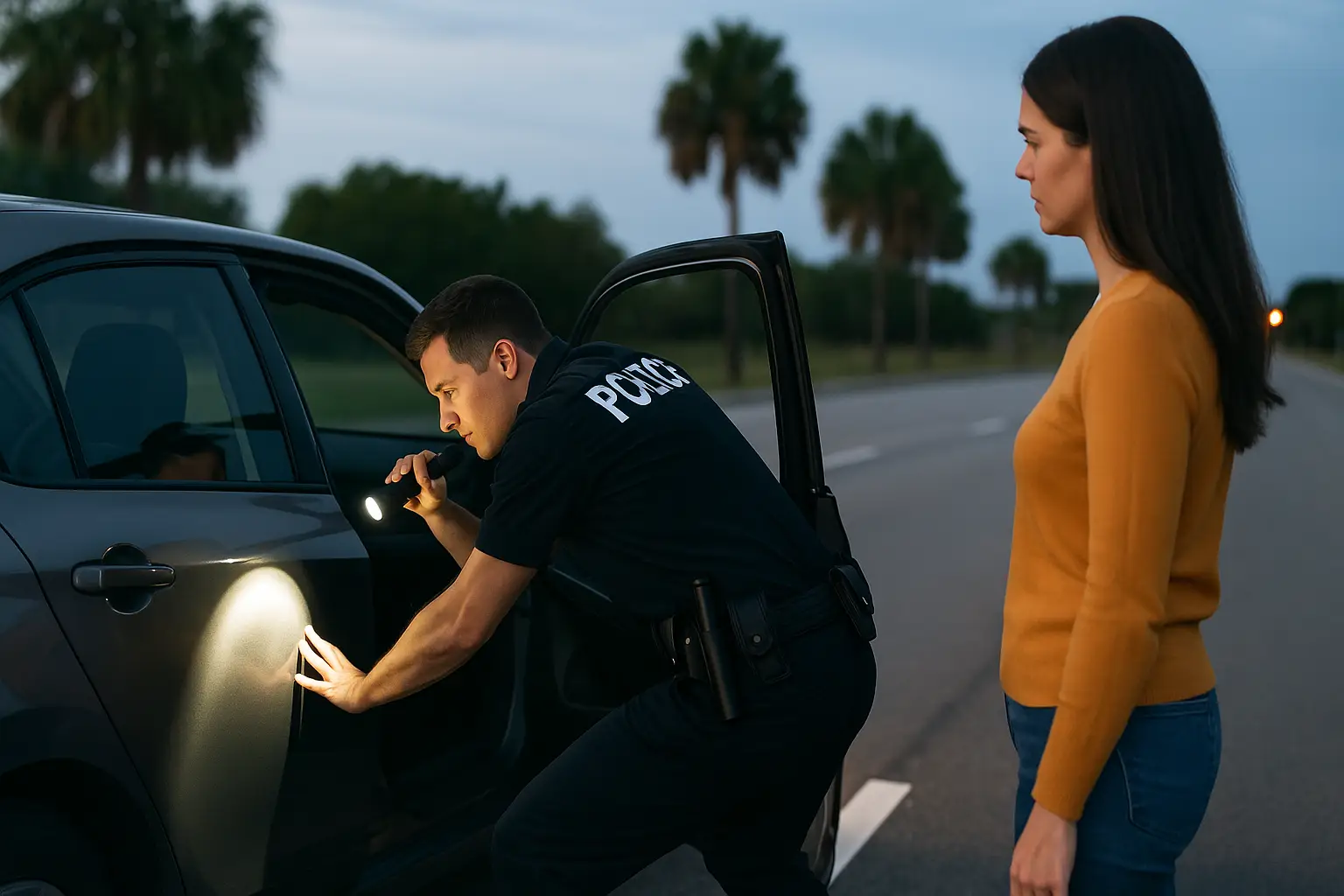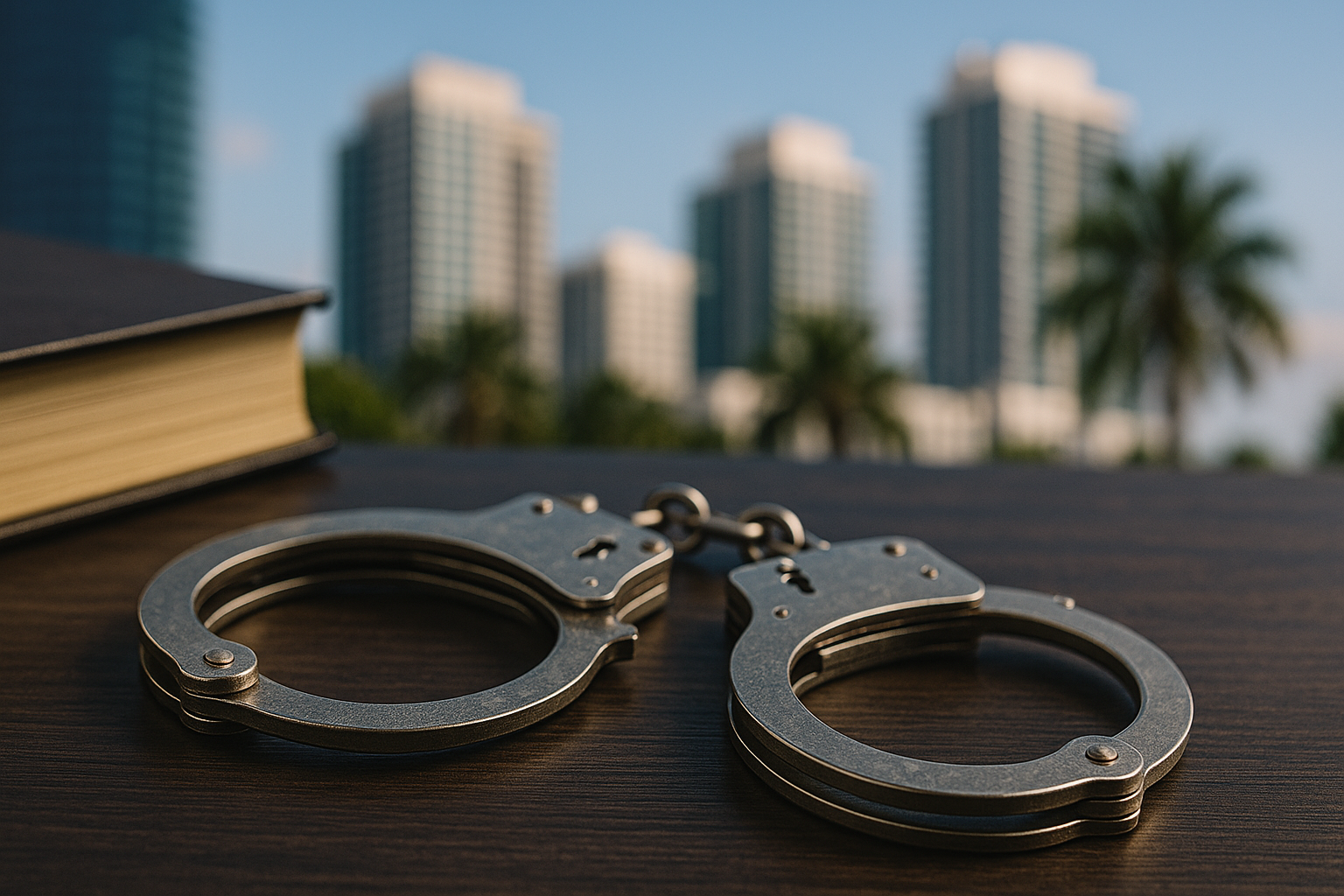What Is Florida’s Stand Your Ground Law?
Florida’s Stand Your Ground law is a self-defense statute that allows individuals to use force—including deadly force—without a duty to retreat, if they reasonably believe it is necessary to prevent death, serious injury, or the commission of a forcible felony.
This law can have a major impact on criminal cases involving assault, battery, manslaughter, or homicide.
At The Law Office of Michael Glasser, P.A., we use every legal tool available to protect our clients’ rights—including Stand Your Ground immunity when appropriate.
Key Features of Stand Your Ground in Florida
Florida Statutes § 776.012 and § 776.032 lay out the specifics of the law:
-
You are not required to retreat before using force in self-defense.
-
You may use deadly force if you reasonably believe it is necessary to prevent imminent death, serious bodily harm, or a forcible felony.
-
The law applies in your home, vehicle, or any place you have a legal right to be.
-
If successful, a Stand Your Ground defense can lead to complete immunity from criminal prosecution and civil liability.
When Can You Use Stand Your Ground?
The law can apply in cases where:
-
You are attacked in a public place and respond with force
-
You use a firearm to defend yourself against an intruder
-
You are involved in a road rage incident that escalates
-
You defend someone else who is being attacked
However, the law does not protect you if:
-
You were committing a crime at the time
-
You provoked or escalated the conflict
-
The force you used was unreasonable under the circumstances
How Is Stand Your Ground Different From the Castle Doctrine?
Florida also follows the Castle Doctrine, which presumes you acted reasonably when using deadly force against an intruder in your home. Stand Your Ground expands that right beyond the home to any lawful location.
Using Stand Your Ground in Court: How It Works
-
Pretrial Immunity Hearing: If your attorney raises Stand Your Ground, you may be entitled to a pretrial hearing. At this stage, the judge—not a jury—determines whether you acted in lawful self-defense.
-
Burden of Proof: The defense must present evidence supporting your claim. If the judge finds your use of force was justified, the case may be dismissed before trial.
-
Trial Defense: If immunity is denied, you can still argue self-defense at trial. The jury will then evaluate whether your actions were reasonable under the law.
Our firm has experience filing and arguing Stand Your Ground motions. These are highly technical legal proceedings that require precise preparation and understanding of both facts and law.
Controversy and Public Misunderstanding
Florida’s Stand Your Ground law has received national attention in high-profile cases like those of Trayvon Martin and Markeis McGlockton. Critics argue it encourages vigilante justice, while supporters say it protects innocent people forced into dangerous situations.
Because of this, prosecutors may be reluctant to dismiss cases even when the law applies. That’s why having an aggressive, experienced criminal defense lawyer is crucial.
Examples of Cases Where It Might Apply
-
Bar Fight Turns Deadly: You’re confronted by a group and strike one individual with fatal results.
-
Parking Lot Dispute: Someone threatens you with a weapon, and you respond with gunfire.
-
Home Invasion Spillover: You chase a burglar outside and use force when they threaten you.
Each situation is fact-sensitive. Whether Stand Your Ground applies depends on your behavior, your perception of the threat, and the evidence.
How Michael Glasser Builds a Strong Stand Your Ground Defense
At The Law Office of Michael Glasser, P.A., we thoroughly analyze every aspect of your case:
-
Scene reconstruction and witness interviews
-
Surveillance footage and 911 calls
-
Use-of-force experts and self-defense testimony
-
Deep knowledge of Florida criminal statutes and case law
We will aggressively pursue Stand Your Ground immunity if it benefits your case—and we won’t hesitate to fight at trial if needed.
Arrested After Defending Yourself? Call Now
If you’ve been arrested after defending yourself or someone else, don’t assume the legal system will be fair without a fight. Prosecutors may push forward even when the facts favor you.
📞 Call (954) 242-1951 for a free consultation with a Fort Lauderdale criminal defense attorney who understands Florida’s Stand Your Ground law inside and out.
You have the right to defend yourself. Let us defend your future.

